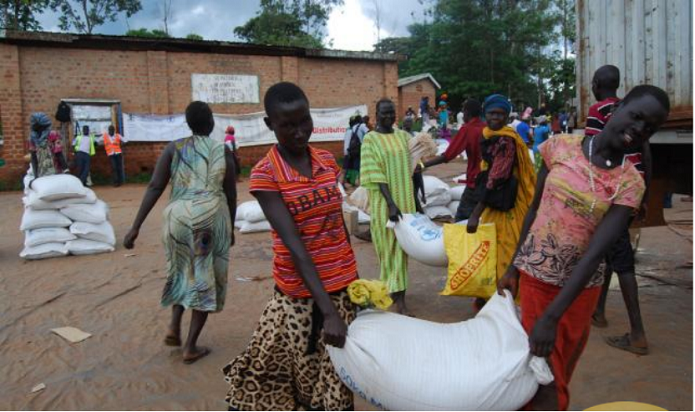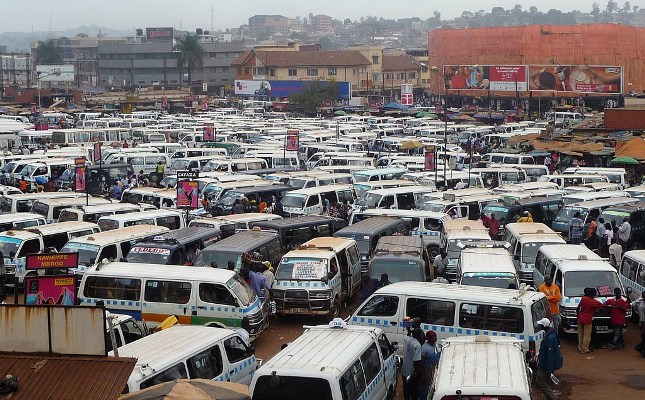The World Food Programme (WFP) will start distributing rice to refugees in the West Nile region to supplement their food ration. The move comes as the humanitarian aid agency is grappling with a shortage in supplies of maize grains.
Titus Jogo, the Refugee Desk Officer in charge of Adjumani and Lamwo districts in the Office of the Prime Minister confirmed the development to our reporter in an interview on Sunday.
Jogo said the decision follows an assessment conducted by OPM, WFP, and United Nations High Commissioner for Refugees (UNHCR) in the West Nile region that found a dire need for food among refugees.
“WFP doesn’t have certain food items like maize at the moment, it’s very scarce. They are now contemplating compensating the refugees with rice but it’s on a temporary basis,” says Jogo.
He notes that the distribution of rice amongst other relief food items given to the refugees will start on Monday this week.
For instance, he cited that a refugee who should have initially received about 10 kilograms of maize will now receive less, adding that the reduced ration will be supplemented with rice. Refugees in the country have been grappling with a food crisis since 2020 when WFP cut down food and cash ration by 40 percent citing a shortfall in funding.
The low crop harvest registered by refugees following the prolonged dry spell this year has however added to the burden of food crisis among the refugees.
Jogo says that although the humanitarian aid agency reduced food ration, they recently made an increment specifically for the refugees in the West Nile region who have been hard hit by the food crisis.
He however didn’t disclose the percentage increment on the food ration.
According to information Uganda Radio Network obtained, Refugees in settlements within Adjumani district for instance now receive 21,000 shillings’ cash ration, up from 19,000 shillings.
However, according to Moses Nyang, the Refugee Welfare Council three (RWC3) for Adjumani Refugee Settlements, the food ration given to the refugees has further been reduced. He says that a refugee now receives a quarter liter of cooking oil, down from half a liter, 6 kgs of maize down from 12 kgs, and only half a kilogram of beans from one 2kgs.
He says the reduction is greatly affecting the diet of refugees in the district who hardly have space for farming to supplement their diet. Recently, Dr. Felix Ejesu, the Deputy Health Manager International Rescue Committee (IRC) at Bidi Bidi Refugee Settlement, revealed that malnutrition had increased in the settlement owing to food shortages.
He noted that 482 malnutrition cases had been recorded among children below 5 years with two death cases this quarter alone. West Nile region is home to 777,398 refugees, the majority of whom are South Sudan refugees.
-URN





